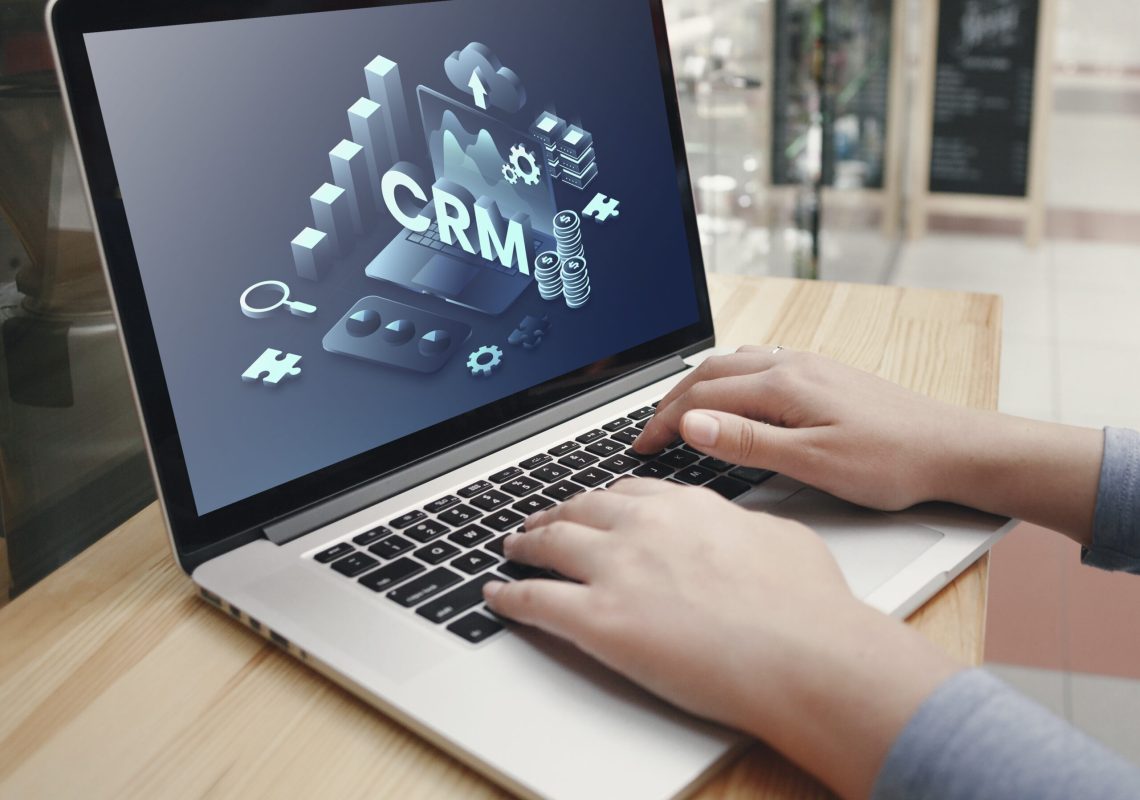In today’s digital landscape, safeguarding customer data within CRM portals is non-negotiable. These portals are invaluable for managing customer relationships, but they also store a wealth of sensitive information. To ensure this data remains safe from cyber threats and breaches, it’s crucial to implement robust security measures. Let’s explore why CRM portal security matters and how you can protect your customers’ data effectively.
Why CRM Portal Security Matters
CRM portals serve as centralized hubs for storing and managing customer information. From contact details to purchase history, they contain data vital for personalized marketing and improved customer experiences. However, without proper security measures, this data becomes vulnerable to unauthorized access, breaches, and cyber attacks. Protecting customer data isn’t just about compliance; it’s about preserving trust and safeguarding your brand reputation.
Common Challenges and Vulnerabilities
Several challenges and vulnerabilities make CRM portals susceptible to security breaches:
- Unauthorized Access: Weak authentication methods can allow unauthorized users to access sensitive data.
- Data Leakage: Inadequate encryption or data loss prevention measures may result in accidental exposure of customer information.
- Cyber Attacks: CRM portals are prime targets for cybercriminals, who exploit vulnerabilities to steal data through methods like phishing and malware.
- Third-Party Risks: Integrations with third-party services can introduce additional security risks, as vulnerabilities in these systems may compromise CRM security.
Protecting Your Customer Data: Best Practices
To ensure the security of your CRM portal and protect customer data, follow these best practices:
- Implement Strong Access Controls: Use multi-factor authentication and role-based permissions to limit access to sensitive data.
- Encrypt Data: Utilize robust encryption protocols to protect data both in transit and at rest, preventing unauthorized access.
- Regular Monitoring and Auditing: Monitor CRM activities in real-time and conduct regular security audits to identify and respond to suspicious behavior promptly.
- Provide Security Awareness Training: Educate employees about security protocols and best practices to reduce the risk of human error.
- Keep Software Updated: Apply security patches and updates regularly to address known vulnerabilities and protect against emerging threats.
- Choose Trusted Vendors: Perform due diligence when selecting CRM vendors or third-party integrations to ensure they meet stringent security standards.
- Backup Data Regularly: Implement reliable backup and recovery mechanisms to ensure data availability and integrity in case of emergencies.
Conclusion
Safeguarding customer data in CRM portals isn’t just a legal requirement—it’s essential for building trust and maintaining a competitive edge. By prioritizing security and adopting proactive measures, businesses can protect sensitive information, mitigate risks, and strengthen customer relationships. With robust security practices in place, you can ensure that your CRM portal remains a secure and reliable platform for managing valuable customer data.




